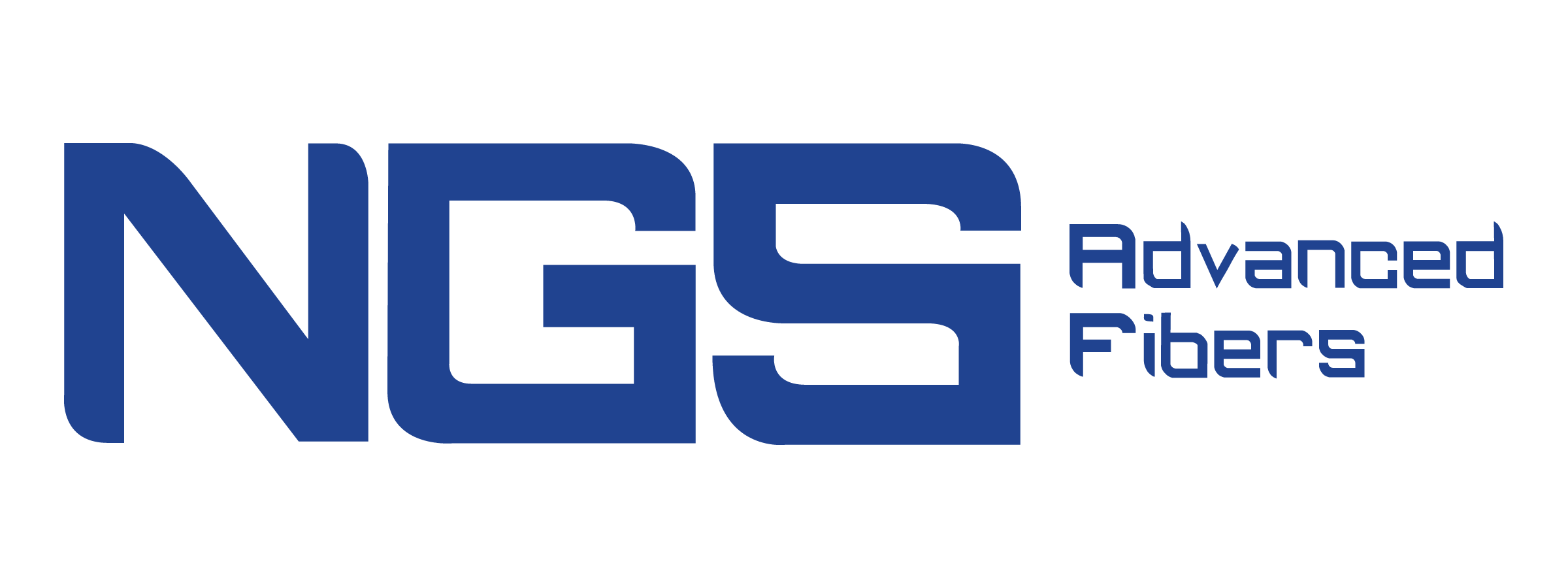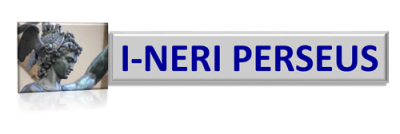Network.
External Expert Advisory Committee (EEAC)
| Name of External Expert(s) | Name of organisation | Short name | Country | Industrial/Research/IGO (intergovernmental organisation) | |
|---|---|---|---|---|---|
|
Edward J. Lahoda & Luke Czerniak
|  |
Westinghouse Electric Company LLC
|
WH
|
USA
|
Industrial
|
|
Christian Deck
|  |
General Atomics
|
GA
|
USA
|
Industrial
|
|
Jeffrey Reed
|  |
FRAMATOME
|
FRAMATOME
|
USA
|
Industrial
|
|
Andrew J. Perry
|  |
Rolls-Royce
|
R-R
|
UK
|
Industrial
|
|
Yoshitaka Ito
|  |
NGS Advanced Fibres Co. Ltd.
|
NGS
|
Japan
|
Industrial
|
|
Robert L. Oelrich
|  |
Pacific Northwest National Laboratory
|
PNNL
|
USA
|
Research
|
|
Peng Xu
|  |
Idaho National Laboratory
|
INL
|
USA
|
Research
|
|
Takaaki Koyanagi
|  |
Oak Ridge National Laboratory
|
ORNL
|
USA
|
Research
|
|
Ki Seob Sim
|  |
International Atomic Energy Agency
|
IAEA
|
-
|
IGO
|
Linked Collaborative Projects

H2020 IL TROVATORE Project
The Fukushima Daiichi event has demonstrated the need for improved nuclear energy safety, which can be ensured by the development of accident-tolerant fuels (ATFs). ATFs are expected to overcome the inherent technical shortcomings of the standard zircaloy/UO2 fuels, thus relieving the industry from the huge financial penalty associated with beyond-design-basis accidents leading to fuel cladding material failure and release of radioactive fission products to the power plant containment and the environment. The main objective of IL TROVATORE is to identify the best candidate ATF cladding materials for use in Gen-II and Gen-III/III+ LWRs and to validate them in an industrially relevant environment, i.e., under neutron irradiation in PWR-like water. Ideally, fuel cladding materials must demonstrate leak tightness and containment of fuel pellets and fission products during the fuel residence in the reactor, even under transient/accidental operation conditions. The innovative ATF cladding material concepts proposed in IL TROVATORE are expected to demonstrate significant improvement in performance when compared to the current fuel cladding materials, thus helping to take a critical step towards an improved energy safety worldwide, in response to the requirements of the amended Nuclear Safety Directive. The development of ATF clads will eliminate redundant safety systems, improving the market profile of current reactor designs, and the overall envisaged innovation will strengthen the competitiveness of European industries in both nuclear and non-nuclear sectors. To achieve its ambitious objectives, IL TROVATORE relies on academic excellence and industrial support, while also involving standardisation bodies and nuclear safety regulatory authorities to accelerate the transfer of key innovation to market. Since IL TROVATORE is put forth to address a pressing global challenge, it is presented as an international collaboration between Europe, the USA and Japan.
Project figures
-
Call
EURATOM FISSION 2016-2017
-
TopicNFRP-1: Continually Improving Safety and Reliability of Generation II and III Reactors
-
Type of ActionEURATOM Research and Innovation Action (RIA)
-
EU contribution5,000,000 €
-
Project start date01/10/2017
-
Project (estimated) end date19/12/2024
-
Partners30 from 8 countries
-
Project coordinatorProf Dr Konstantina LAMBRINOU – University of Huddersfield
-
Grant Agreement No740415

I-NERI US/EURATOM PERSEUS Project
The project PERSEUS is a global consortium of accident-tolerant fuel (ATF) stakeholders that comes together to perform advanced post-irradiation examination (PIE) on ATF cladding materials & joints that have been irradiated in the BR2 test reactor at SCK CEN (Belgian Nuclear Research Centre) in the framework of the H2020 IL TROVATORE project (EURATOM fund). The advanced PIE of the BR2-irradiated ATF clads/joints supplied by leading industrial & research/academic partners aims at a key understanding of the degradation mechanisms experienced by these candidate ATF cladding materials under nominal operation conditions (i.e., under neutron irradiation at 320°C in PWR-like water) of Gen-II/III LWRs (light water reactors), thereby giving invaluable feedback to the ATF technology drivers in the US, Europe and Japan that can allow the expedited deployment of the best-performing materials. The deployment of ATFs does not only strive to address the global need for enhanced nuclear energy safety in the post-Fukushima era, but to also achieve important economic benefits associated with higher levels of fuel burnup & fuel enrichment, as both will be enabled by the widespread use of ATFs. The contributing partners to the project PERSEUS are: Pacific Northwest National Laboratory (PNNL), Idaho National Laboratory (INL), University of Michigan (U-M), Westinghouse (WH) and General Atomics (GA) on US ground, and H2020 IL TROVATORE (EURATOM fund) and the Joint Research Centre (JRC Karlsruhe) on European ground.
Project figures
-
Type of ActionInternational Nuclear Energy Research Initiative (I-NERI)
-
Project start date01/05/2021
-
Project (estimated) end date30/04/2024
-
Partners7 from the European Union & the USA
-
Project European leadProf Dr Konstantina LAMBRINOU – University of Huddersfield
-
Project US leadRobert L. Oelrich, PNNL (Pacific Northwest National Lab)